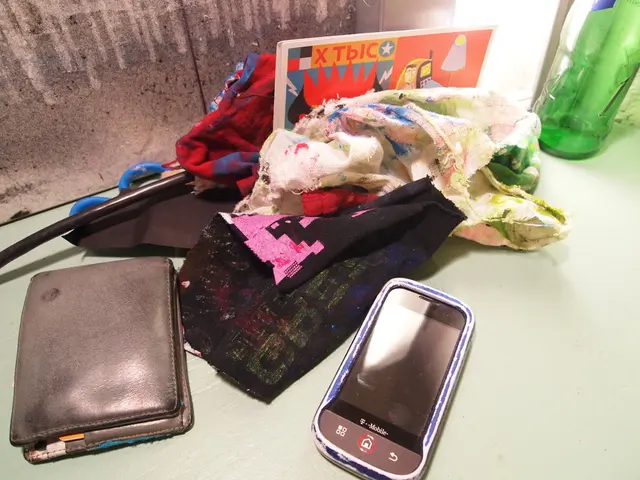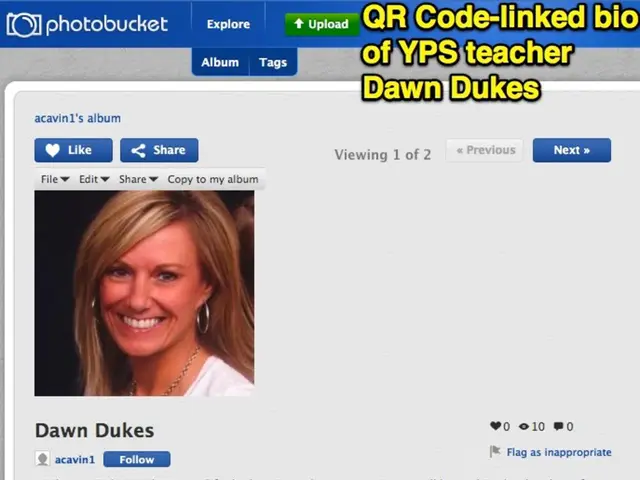A Deep Dive into the European Commission's TikTok Probe
TikTok allegedly breaches European online advertising regulations, according to the European Commission. - EU Authority Charges TikTok with Disregarding Advertising Regulations Online
The European Commission is currently probing TikTok over two primary concerns: secretive advertising practices and potential election meddling.
Hiding Behind the Ad Curtain
In a nutshell, TikTok has been accused of breaking European rules by withholding essential details about its personalized advertising. The commission claims that TikTok does not reveal the specifics of ads, the users they target, and the advertisers who bankroll these content streams [1][2][4]. Furthermore, the platform's search functionality in its ad archive is inadequate, thus limiting its usefulness [4].
The Digital Services Act (DSA) requires transparency, and as a major online platform, TikTok is expected to maintain a detailed advertising repository. By failing to provide comprehensive and accessible information [1][4], the platform may be depriving researchers, the public, and possibly even interested parties from identifying potentially fraudulent or fake advertisements, particularly during election periods.
A Question of Influence
The Commission has also opened formal proceedings against TikTok regarding the risks associated with elections and civic discourse [3]. This investigation is an integral aspect of wider efforts to ensure digital platforms don't sway electoral processes through misinformation or underhand tactics.
As the investigation is ongoing, the full extent of TikTok's involvement is yet to be determined. But one thing's for sure: the Commission is determined to maintain the integrity of democratic processes in Europe.
TikTok's Response
In response to the Commission's findings, TikTok has stated that it is examining the accusations while remaining committed to adhering to the DSA. However, the company has expressed dissent over some of the Commission's interpretations, emphasizing that guidance is being provided via preliminary findings, not clear-cut public guidelines [1][4].
Struggling with Transparency
It's worth noting that TikTok has also mentioned an independent report that spotlights the difficulties major tech platforms face in meeting the DSA's standards for ad transparency [5].
The EU Digital Commissioner, Henna Virkkunen, underscores the importance of a functional database, stating that citizens have a right to know who is behind the messages they see. Comprehensive information is vital for both science and the public, with the potential to expose shady ad practices and the spread of misinformation during critical periods like elections.
If the European Commission's allegations are authenticated, TikTok risks facing substantial fines. Let's wait and see what the future holds for this popular video-sharing app.
- The European Commission's investigation into TikTok's advertising practices highlights a concern over the platform's failure to comply with the transparency requirements of the Digital Services Act (DSA), as it allegedly does not reveal the specifics of ads, the users they target, and the advertisers who fund these content streams, potentially hindering the identification of fraudulent or fake advertisements, especially during election periods.
- As part of the European Commission's investigation into TikTok, politics and technology intersect as the Commission explores the risks associated with elections and civic discourse on the platform, with a focus on ensuring digital platforms do not manipulate electoral processes through misinformation or underhanded tactics.







